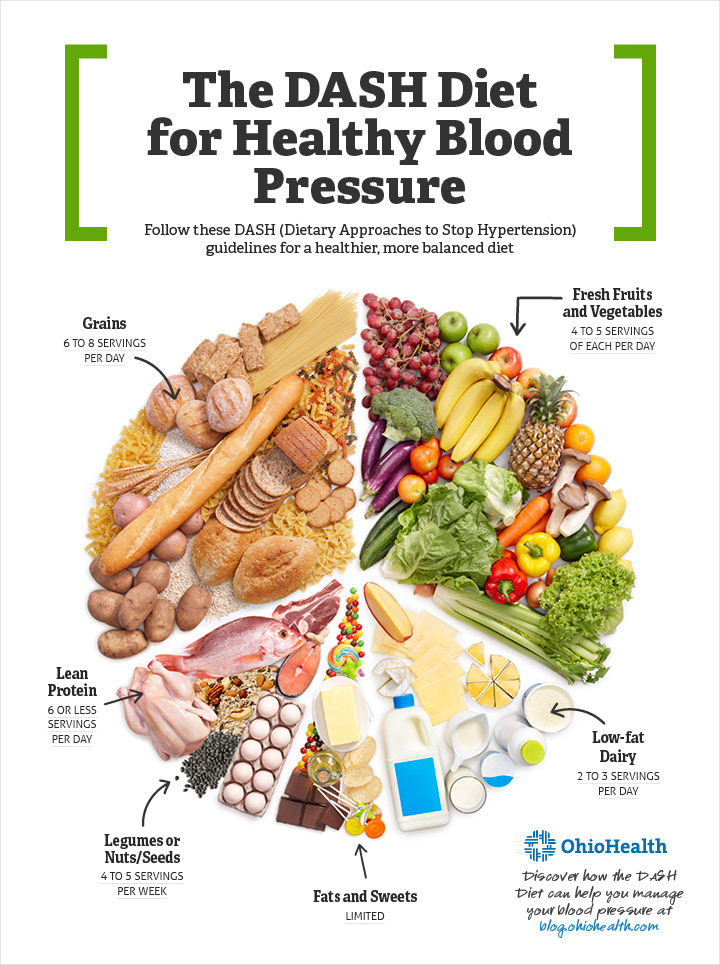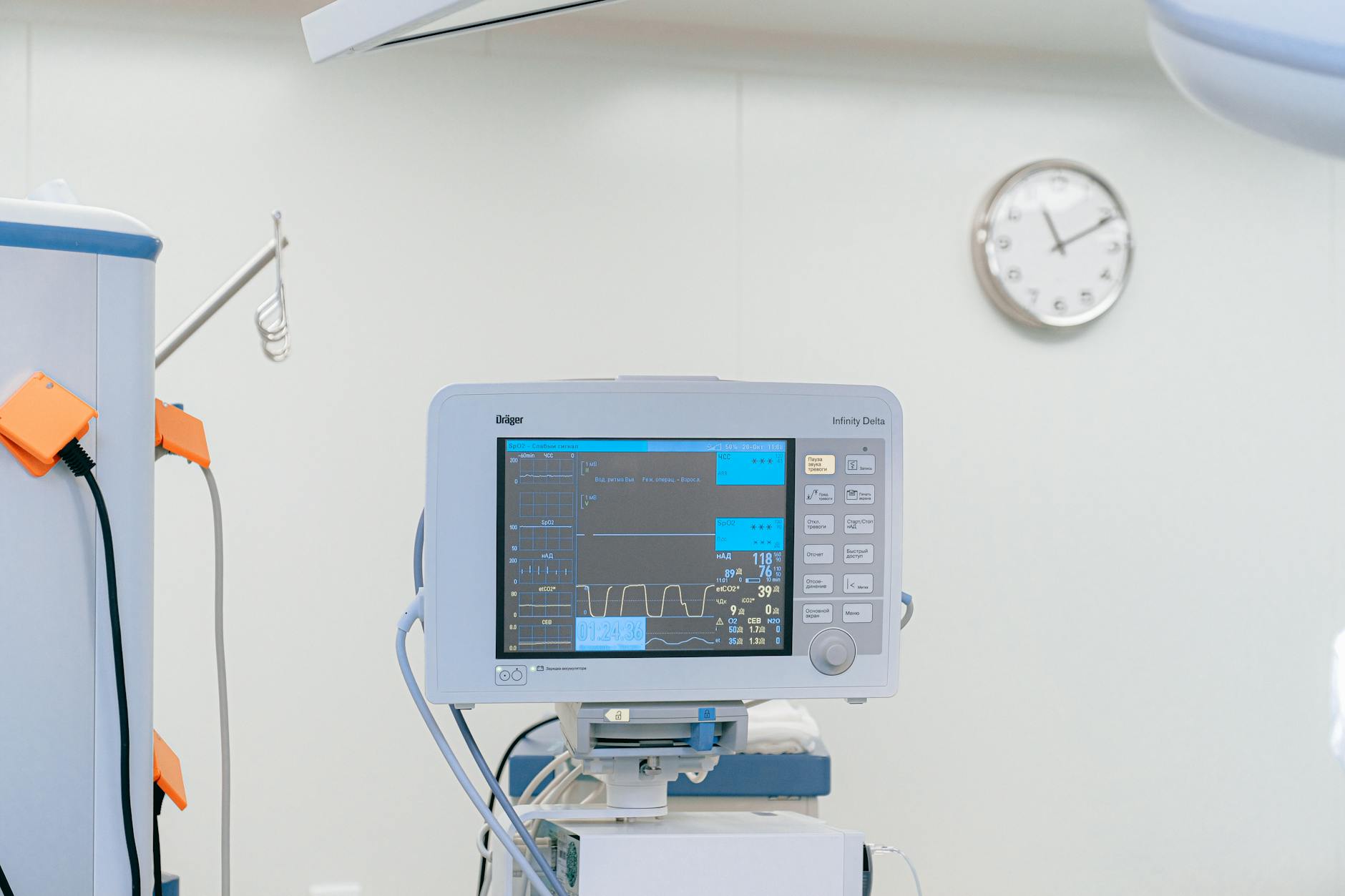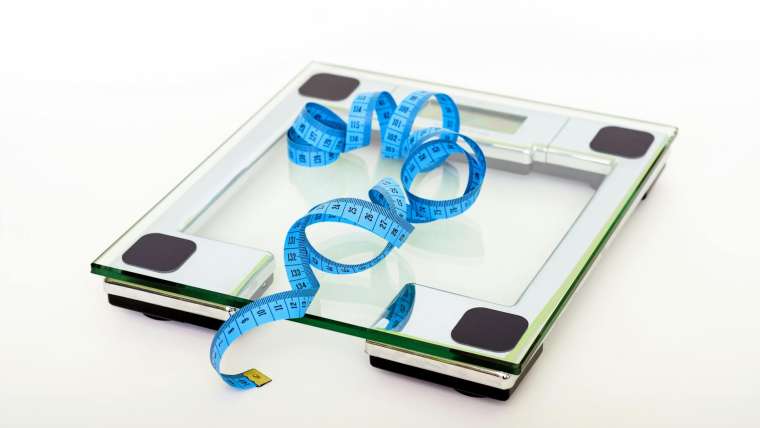Discover the secret to lowering high blood pressure naturally with simple diet and exercise tips that will transform your health.
Table of Contents
- Introduction: Understanding Blood Pressure and Its Impact
- Move It to Improve It: Exercise Your Way to Better Blood Pressure
- Little Changes, Big Differences: Small Daily Habits to Lower BP
- Understanding Low vs. High Blood Pressure
- Navigating Illnesses Linked to Blood Pressure
- The Role of Medicines in Managing High BP
- Talking to a Doc: When to Seek Professional Advice
- Fun Facts About Heart Health
- FAQs: Your Curious Questions Answered
- Summary: Recap on Fighting High Blood Pressure
Introduction: Understanding Blood Pressure and Its Impact
In this opening section, we’ll find out what blood pressure means and why having it too high isn’t good for our bodies.
What is Blood Pressure?
Imagine your body is like a garden with tiny hoses inside. Blood pressure is like the force pushing blood through these hoses. If the pressure is too high, it can cause problems.
Why High Blood Pressure Can Be a Problem
Just like blowing up a balloon too much can make it pop, having high blood pressure can strain our heart and blood vessels. It’s essential to keep our blood pressure just right, not too high and not too low, to stay healthy.
The Power of Eating Right: Diet’s Role in Controlling High BP
When it comes to keeping our blood pressure in check, what we eat plays a vital role. Certain foods can make our hearts happy and our blood pressure steady. Let’s dive into how the right diet can help us fight high blood pressure and stay healthy!
Omega 3: Why Your Heart Loves It
Imagine omega 3 as a superhero for our heart! This special nutrient can be found in foods like fatty fish (salmon, mackerel, sardines), walnuts, and flaxseeds. Omega 3 swoops in to protect our hearts and keep our blood pressure in check. Eating foods rich in omega 3 is like giving our hearts a big hug!
Magnificent Magnesium and Its Benefits
Magnesium is like a ‘chill pill’ for our blood vessels. It helps them relax, making it easier for blood to flow smoothly through our bodies. We can find magnesium in foods like leafy greens, nuts, seeds, and whole grains. By including magnesium-rich foods in our diet, we can support our blood pressure and overall heart health.
Steering Clear of High Cholesterol Foods
Cholesterol is a sticky substance that can clog up our blood vessels, making it harder for blood to flow and causing our blood pressure to rise. Foods high in cholesterol, like fried foods, processed snacks, and fatty meats, are the ‘bad guys’ we should avoid. By choosing healthier options like fruits, vegetables, and lean proteins, we can keep our blood pressure in check and our hearts happy!
Move It to Improve It: Exercise Your Way to Better Blood Pressure
Hey there, kids! Did you know that moving your body can actually help keep your blood pressure in check? It’s like giving your heart a high-five! So, how can you have fun while staying active? How about riding your bike around the neighborhood, playing tag with your friends, or even dancing to your favorite tunes in your room? These are all super cool ways to keep your blood pressure happy and your heart healthy!
Why Sitting Less Can Make Your Heart Healthier
Imagine your heart as a flower that needs to be watered and bathed in sunlight to grow strong. When we sit too much, it’s like depriving our heart of that essential love and care it needs to stay healthy. Instead of sitting in front of the TV or computer for too long, try standing up and stretching every hour, playing outside for a bit, or even helping out with chores around the house. By sitting less and moving more, you’re helping your heart bloom and keeping your blood pressure in check!
Little Changes, Big Differences: Small Daily Habits to Lower BP
In this section, we’ll dive into the small adjustments we can make in our daily routines to help lower our blood pressure and keep our hearts healthy.

Image courtesy of dailyinfographic.com via Google Images
Salt and Sugar: The Sneaky Stuff to Watch Out For
Let’s talk about salt and sugar – two ingredients that can sneak their way into our food and wreak havoc on our blood pressure. Just like a little sprinkle can make a big difference in how yummy a cookie tastes, too much salt and sugar can make our blood pressure shoot up.
When we eat too much salt, our body holds on to extra water to dilute it in our bloodstream. This extra water puts more pressure on our blood vessels, causing our blood pressure to rise. Sugar, on the other hand, can lead to weight gain and higher cholesterol levels, which can also put a strain on our hearts.
So, what can we do to keep our blood pressure in check? Pay attention to food labels and try to choose low-sodium options. Instead of reaching for sugary snacks, go for fresh fruits or veggies. Small swaps like using herbs and spices for flavor instead of salt, or drinking water instead of sugary drinks, can make a big difference in keeping our blood pressure at a healthy level.
Understanding Low vs. High Blood Pressure
Just like Goldilocks looking for the just-right bowl of porridge, our blood pressure needs to be in the perfect range – not too high, not too low. While high blood pressure gets a lot of attention, having blood pressure that’s too low can also cause problems. Imagine trying to bake cookies with too little dough – it just won’t turn out right!
Signs Your Blood Pressure Might Be Too High or Low
Our bodies are like superheroes, always giving us signs when something isn’t quite right. If you feel dizzy, lightheaded, or even faint, it could be a signal that your blood pressure is too low. On the other hand, if you have a headache, chest pain, or feel short of breath, it might mean your blood pressure is too high. Listening to these clues can help us take care of our hearts and bodies better.
Navigating Illnesses Linked to Blood Pressure
Here, we’ll briefly touch on how having high blood pressure can make it tougher to deal with certain illnesses.

Image courtesy of sportsmedicineweekly.com via Google Images
Walking Pneumonia and Blood Pressure: What’s the Link?
We’ll look if there’s any connection between having high blood pressure and getting sick with walking pneumonia.
The Role of Medicines in Managing High BP
When it comes to keeping our blood pressure in check, sometimes our bodies need a little extra help. This is where medicines can play a crucial role in managing high blood pressure.
How Medicines Work
Medicines for high blood pressure are like tiny helpers inside our bodies. They can help relax our blood vessels so that blood can flow more easily, or they can make our hearts beat slower and with less force, reducing the pressure in our arteries.
| Combat High BP: Diet & Exercise Tips |
|---|
| Diet Tips |
| Eat More Fruits and Vegetables |
| Limit Salt Intake |
| Choose Lean Proteins |
| Reduce Saturated Fat |
| Avoid Processed Foods |
| Drink Plenty of Water |
| Limit Alcohol Consumption |
| Exercise Tips |
| Engage in Aerobic Exercise (e.g., walking, jogging, swimming) |
| Incorporate Strength Training |
| Practice Yoga or Tai Chi for Stress Reduction |
| Set Realistic Fitness Goals |
| Stay Consistent with Your Exercise Routine |
Taking Medicines Safely
It’s important to always take medicines exactly as our doctors tell us to. They might need to be taken at specific times of the day or with food. Never share our medicines with someone else, as they may not be right for them.
Types of Blood Pressure Medicines
There are different types of medicines that can help manage high blood pressure. Some medicines help our kidneys get rid of extra salt and water, while others relax our blood vessels to allow smooth blood flow. Your doctor will know the best medicine for you.
Remember, medicines are just one part of keeping our blood pressure in check. Eating right and staying active are also important in the fight against high blood pressure. Always consult with an adult or a healthcare provider before making any changes to your health routine.
Talking to a Doc: When to Seek Professional Advice
As we’ve learned, keeping an eye on our blood pressure is essential for our overall health. But sometimes, we might need some extra help from a doctor to make sure everything’s in check.

Image courtesy of www.netmeds.com via Google Images
Knowing When to Seek Help
If you notice that you’re feeling unwell often, having headaches, feeling dizzy, or just not quite yourself, it might be a good idea to talk to a doctor. They can check your blood pressure and see if there’s anything that needs to be taken care of.
Why Talking to a Doctor is Important
Doctors are like health detectives. They can tell us what’s going on inside our bodies even when we can’t see it. By talking to a doctor about our blood pressure, we can catch any problems early and work on fixing them before they get bigger.
Getting the Right Advice
A doctor can also give us advice on how to keep our blood pressure in check. They might suggest changes to our diet, recommend certain exercises, or even prescribe medication if needed. It’s important to follow their advice to keep our hearts strong and healthy.
Fun Facts About Heart Health
Did you know that your heart is a muscle, and it works tirelessly to pump blood throughout your body? It beats around 100,000 times a day, keeping you alive and kicking!
Heartbeats and Fingerprints
Just like fingerprints, everyone’s heartbeat is unique. Your heart’s rhythm can be as distinct as you are!
Heart’s Blood Vessels: Quite the Pipers
If you laid all the blood vessels in your body end to end, they would wrap around the Earth more than twice! Talk about a mind-blowing network!
Your Heart’s Olympic Effort
Every day, your heart pumps about 2,000 gallons of blood – that’s enough to fill 50 bathtubs! Your heart is the ultimate champion athlete!
FAQs: Your Curious Questions Answered
Now that we’ve learned so much about blood pressure, let’s dive into some common questions that you might have about keeping your heart healthy.

Image courtesy of blog.ohiohealth.com via Google Images
Can I eat candy if I have high blood pressure?
While it’s okay to enjoy some treats once in a while, eating too much candy, which is usually high in sugar, can cause your blood pressure to spike. It’s essential to have a balanced diet with lots of fruits, vegetables, whole grains, and lean proteins to keep your heart healthy.
What foods should I avoid if I have high cholesterol?
Foods that are high in saturated fats and trans fats, like fried foods, fast food, and fatty cuts of meat, can raise your cholesterol levels and increase your risk of high blood pressure. Instead, opt for foods like fruits, vegetables, nuts, and whole grains to help lower cholesterol and keep your heart happy.
Is walking pneumonia related to high blood pressure?
Walking pneumonia is a type of lung infection that usually affects the small air sacs in your lungs. While having high blood pressure doesn’t directly cause walking pneumonia, having uncontrolled high blood pressure can make it harder for your body to fight off infections like pneumonia. That’s why it’s essential to keep your blood pressure in check by eating right, exercising, and talking to your doctor.
Remember, taking care of your heart is super important, and small changes in your daily habits can make a big difference in keeping your blood pressure at a healthy level.
Summary: Recap on Fighting High Blood Pressure
In this blog post, we discovered how important it is to keep our blood pressure just right, not too high and not too low, so our bodies can stay healthy and happy. We learned about the power of eating right and how foods like omega 3 and magnesium can be our heart’s best friends. By steering clear of high cholesterol foods, we can help keep our blood pressure in check.
We also explored how moving our bodies and getting exercise can make a big difference in controlling our blood pressure. Fun physical activities can not only keep the pressure down but also make our hearts stronger. Remember, sitting less is key to maintaining a healthy heart!
Little changes in our daily habits, like watching the amount of salt and sugar we consume, can also have a positive impact on our blood pressure. Too much of those sneaky ingredients can raise our blood pressure levels, so it’s essential to be mindful of what we eat.
Understanding the differences between low and high blood pressure taught us that both extremes can cause problems. Signs like feeling dizzy or faint can indicate that something might be off with our blood pressure. It’s crucial to listen to our bodies and seek help if needed.
Lastly, we briefly touched on how high blood pressure can make it tougher for our bodies to fight certain illnesses, like walking pneumonia. Keeping our blood pressure in check can help us stay healthier and stronger overall.





